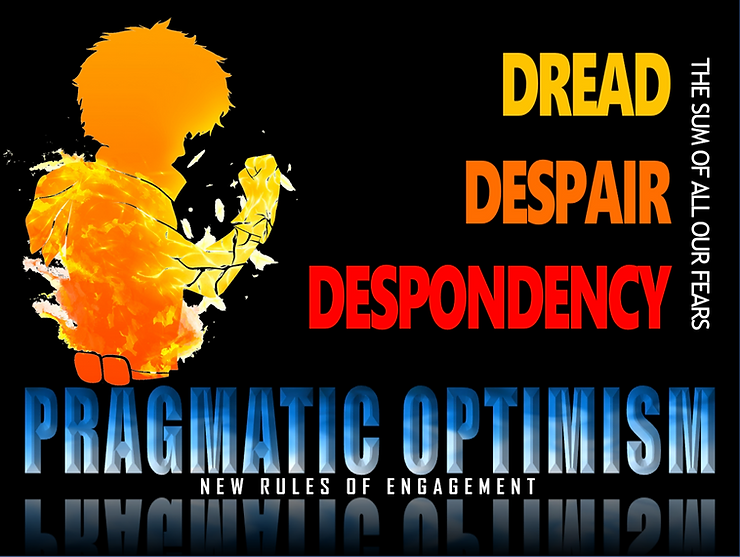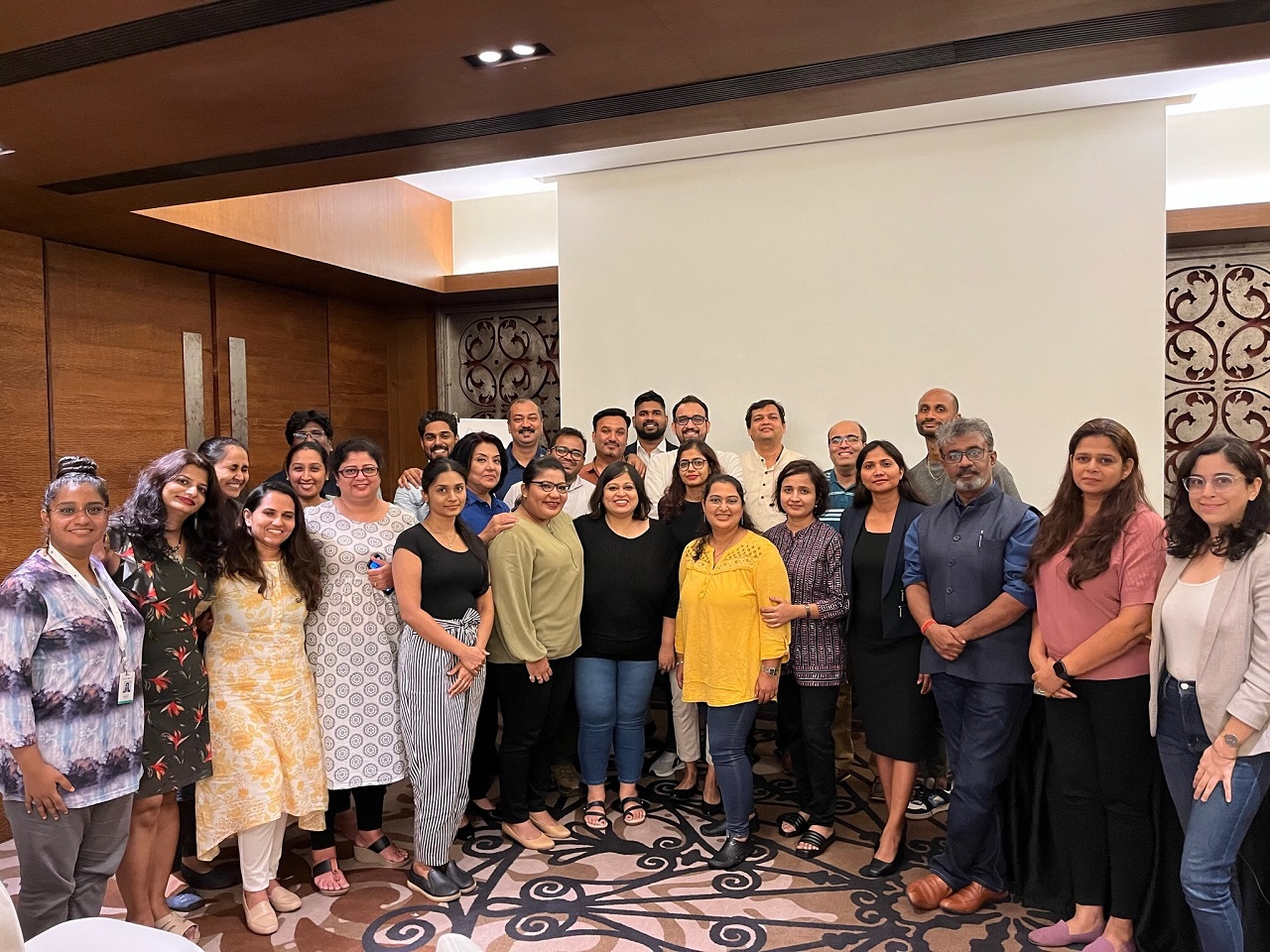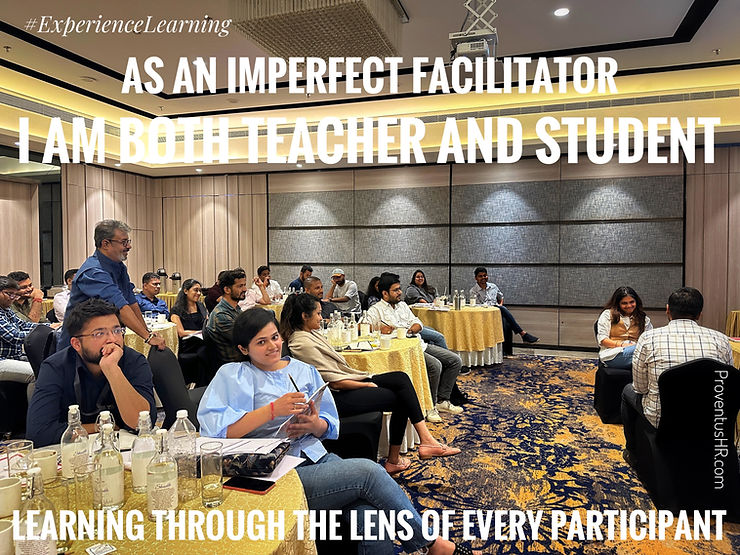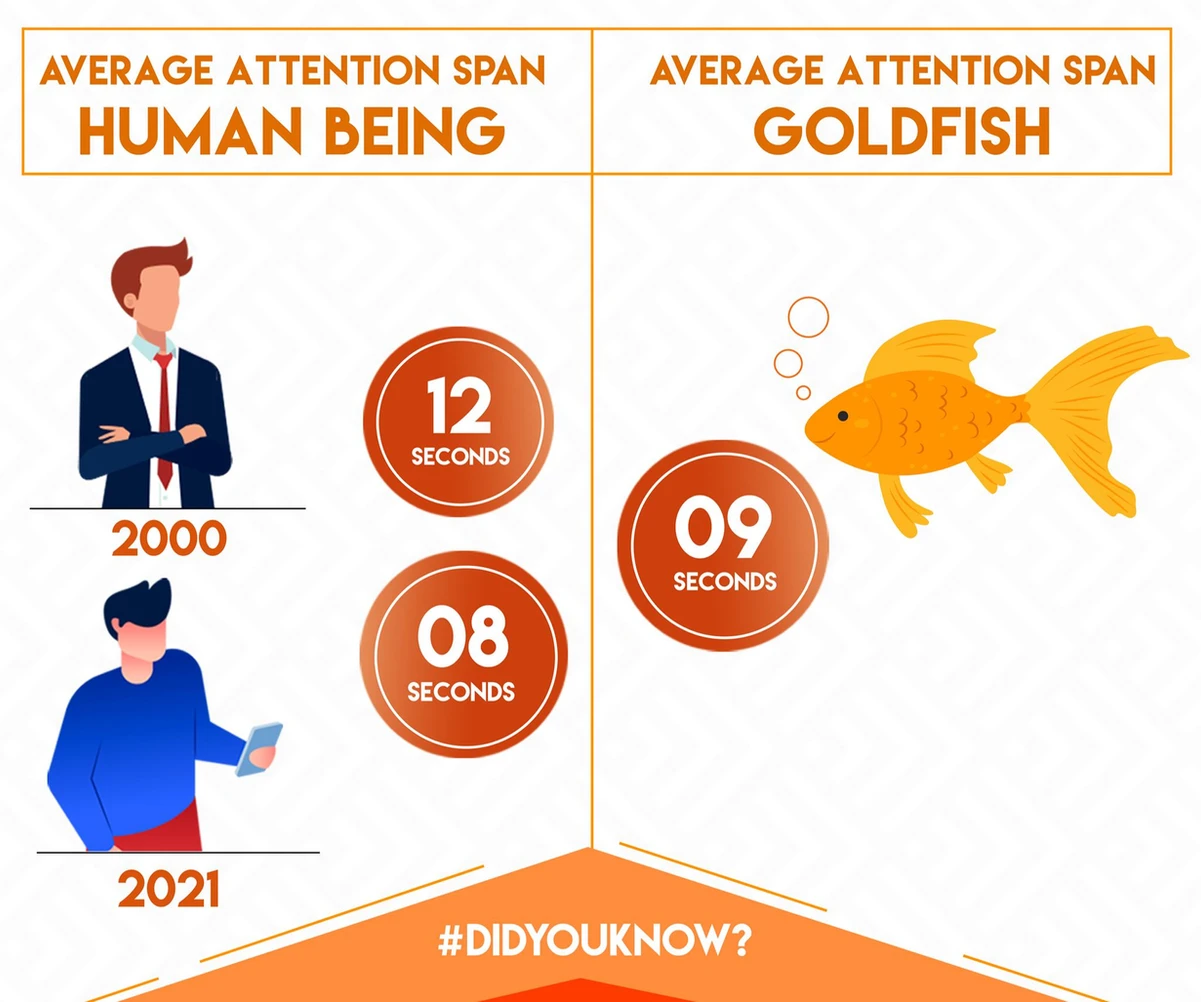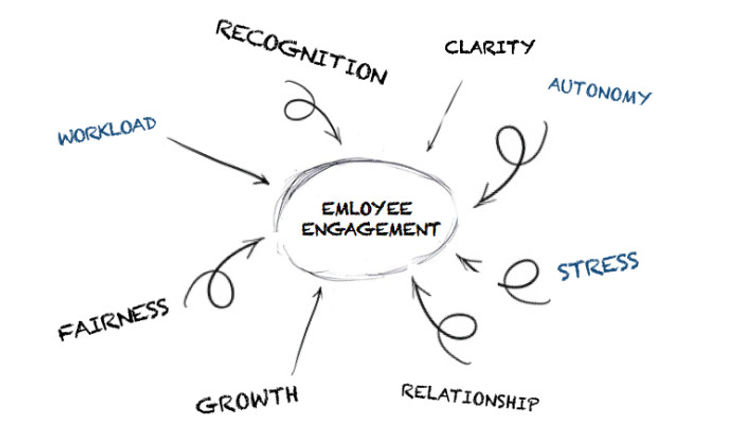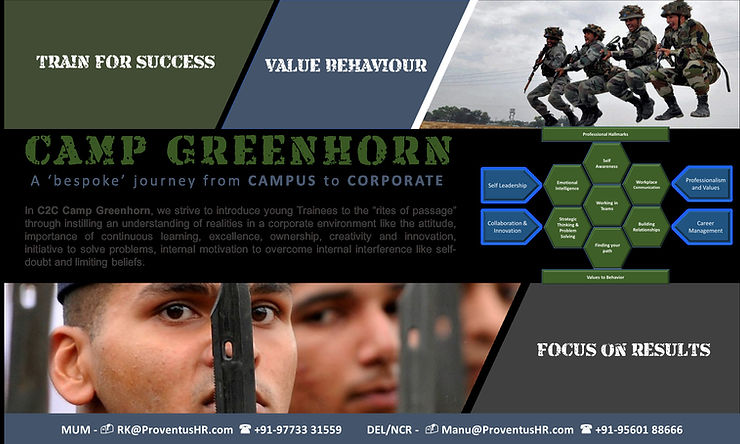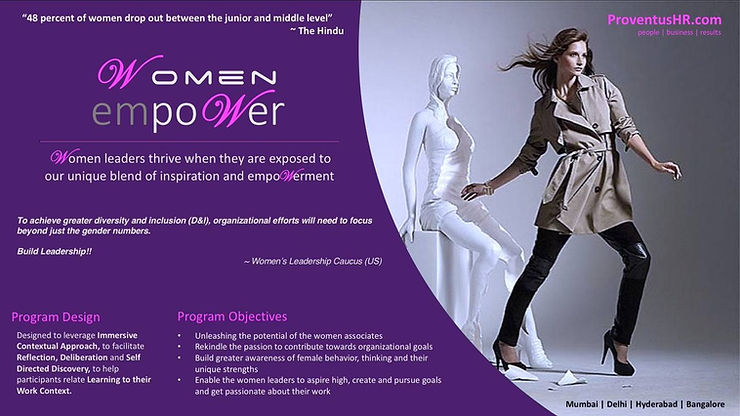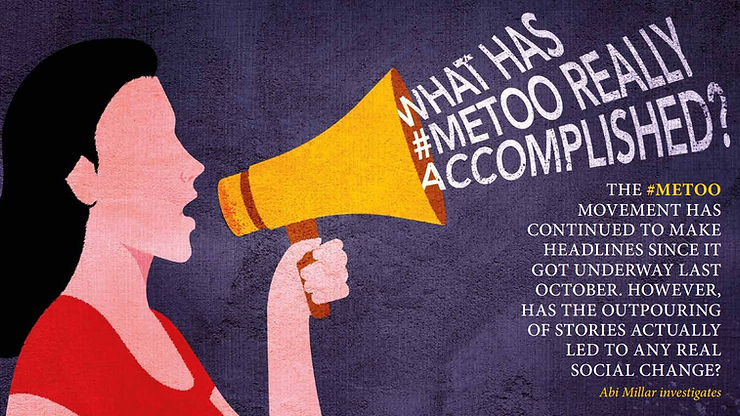“If you can keep your head when all about you Are losing theirs and blaming it on you, If you can trust yourself when all men doubt you, But make allowance for their doubting too;!”
~ Rudyard Kipling, If
Reeling under the onslaught of Negative News that fills our multiple media sources, it takes very little to lose our heads. Maybe this is indeed happening and is at the center of mass panic-cum-hysteria over the COVID 2nd wave.
At times like these it’s easy to be cynical, and to sneer any attempts to seek rational discourse as being insensitive.
As I look around, the voluminous write-ups about ‘Languishing’ & ‘Despondency’ as our collective response to the extended COVID situation leaves me exasperated. Is this what we have brought ourselves to, or is there another way to deal with what’s before us? Another Perspective!
What do you think of when you hear the word, “Optimist“? Perhaps you think of a glass half-full, or a goofy smile and a naive outlook on life. I have found this word to be the center of several discussions. What does it look like to live as an optimist?
Something that has become more clear over the past few months is the need for another word to describe the type of Optimist you are striving to be. You probably have heard of the phrase The Naive Optimist – which refers to a person who stays happy, hopeful, jolly, or love-struck despite overwhelming evidence that something other than pure joy is required to handle the situation at hand appropriately. But is that enough?
STOCKDALE PARADOX
“You must never confuse faith that you will prevail in the end—which you can never afford to lose—with the discipline to confront the most brutal facts of your current reality, whatever they might be.”
~ Admiral James Stockdale.
Stockdale was a prisoner of war in Vietnam for seven-and-a-half years. Stockdale was brutally beaten, starved, and denied medical care, without knowing if he would survive or see his family again, until his release in 1973. When asked later about the ordeal, Stockdale answered: “I never lost faith in the end of the story. I never doubted that not only would I get out, but also that I would prevail in the end and turn the experience into a defining event of my life, which, in retrospect, I would not trade.”
This paradox was further embellished in Jim Collins’ bestselling book ‘From Good to Great’, and the related discipline of survival psychology. It sheds light on the present scenario and contains wisdom for how leaders and even lesser mortals, can manage the unrolling crisis.
“AS CEO’S IN THIS CRISIS, WE HAVE NO OPTION BUT TO BECOME THE WARTIME CEO, HOWEVER ILL-EQUIPPED OR PREPARED WE ARE.”
In his book, The Opposable Mind, Roger Martin talks of Integrative Thinking — facing the duality of opposing ideas and, rather than choosing one over the other, create a new solution that has elements of the two original ideas but is superior to both.
Me, I simply call it ‘pragmatic optimism’. As leaders and as a species, we have a responsibility to deal with the grim reality before us, and, I think we have an equal responsibility to summon all our resolve and remain optimistic about our future.
I have very little patience for “oh! poor me.” Sooner or later, we are all faced with situations that really stink/aren’t fair/aren’t our fault. I have had more than my fair share, and they don’t stop coming. Sure, it’s okay to have a quick little pity party, shed a few tears, but then it’s time to move on, and initiate the Resurgence. It baffles me why anyone would hang out in “ain’t it awful land” and wallow in their own pain and suffering.
To retain sanity, one must find a way to make things better and focus on that — not to ignore the current reality, but as a deliberate choice to move beyond it. To go through everything human beings have gone through and to reach where they have reached, it took excessive optimism. But, not everyone has the same combination of dreams and courage.
The phrase I have begun to use to describe my style of optimism, is a ‘Pragmatic Optimist’. To be a pragmatist means to approach each situation by assessing the truth/validity of a theory or belief based on the efficacy, the previous success rate, and the observable practical consequences. It is a matter-of-fact mental model that steers away from emotional reactions and feelings.
Optimism, purpose, perseverance and adaptability.
Writer and educator Mark Stevenson identified common traits that optimistic people have, and established 8 principles of pragmatic optimism.
1. Have unashamed optimism and ambition about the future
Optimism is in our blood. We wouldn’t be doing what we do if we didn’t think it was worthwhile. But there’s always room for bigger or different ways of thinking. Our commitment to the Teal principle of evolutionary purpose helps us to avoid becoming too comfortable. Dream & Imagine – The Future.
2. Go for what Works!
Beliefs are subjective. Facts are scientifically objective. Stevenson believes that pragmatic optimism must concentrate on facts. This will mean a scientific and evidence-based way of thinking.
3. Think like an engineer, not like a politician
When the winds of change blow, some people build walls while others build windmills. How exquisitely this sums up the creative adaptability of the optimist mindset versus that of certain world leaders.
4. Sharing increased Power
Sharing ideas amplifies them, makes them grow. A brilliant idea that we don’t share is useless. And, in the end, it dies.
The more connected we are, the faster ideas will circulate. But as power is spread on the internet, we must be responsible with it. We shouldn’t just do things without taking responsibility.
“Your ideas are for sharing, not protecting”.
-Mark Stevenson-
5. Do Instead of Try
‘Do’ Intentions motivate actions, but we as a race are not made of just attempts, rather of actions. For that reason, the best way to be true to who we are is by acting. We are what we do and feel, and not what we intend to do.
6. Play the long game
We interpret this as staying true to our values and believing in what we do. Life is like a long-distance race where each little step takes us towards our goals. Some days we advance more, others less. But our reward will come sooner or later. Hope, effort, patience and persistence make the result worth the effort.
7. Police your own cynicism
While our current COVID scarred landscape gives us plenty of reasons to be hard-bitten, there’s even more justification for keeping our chins up.
Cynicism can lead to prejudice, presumption and closed doors. It can dress up laziness as wisdom. It can divide us with disastrous consequences. In the wake of various events that shaped our nations, we all have seen how easily a narrative of fear and distrust replaces human empathy.
8. Engineer serendipity
Be firm believers in creating your own good fortune. There’s being open-minded and receptive to what comes your way, then, there’s being active in seeking out ‘happy accidents’. Look for challenges you can convert into opportunities, regularly invite silliness into your lives, talk to strangers and try to stay young at heart.
PRAGMATIC OPTIMISM
The willingness to look reality in the eye, assess your options with calm determination, being objective when emotions rule the world around you, and remain certain that there is a path to get from here to your intended destination.
Easy? No. Worth the effort? Well . . . let’s just say it sounds like first rate intelligence to me!
So, to be a Pragmatic Optimist is to recognize that striving for happiness, looking for the silver-lining, and aligning your thoughts and actions to serve you and the world in the best way possible, is an ideal worth pursuing.


